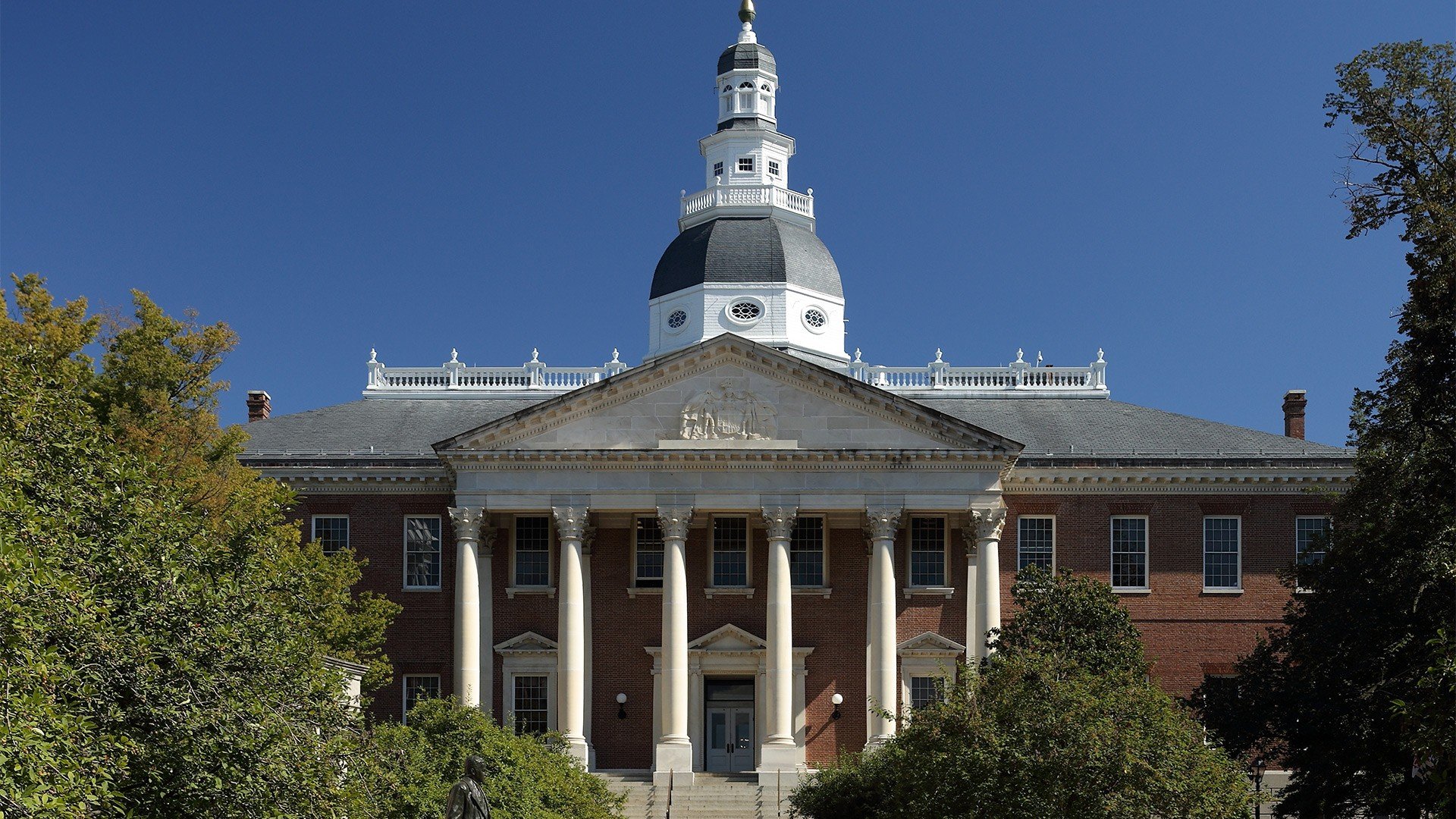State legislators in Maryland and Virginia are set to consider bills to legalize online casino gambling over the year, marking a potential expansion of the U.S. iGaming market in 2025. Proposals in both states aim to regulate and tax digital gambling platforms while addressing concerns from land-based casino operators.
In Maryland, Delegate Vanessa Atterbeary has pre-filed House Bill 17 (HB 17), which seeks to legalize and regulate online gambling through the Maryland State Lottery and Gaming Control Commission (MSLGCC). The bill will officially be introduced on January 8, at the start of the legislative session.
This effort follows a similar attempt in 2024 that passed the House but failed to gain traction in the Senate. HB 17 proposes granting iGaming licenses to existing video lottery operators and sports betting facilities, with five additional licenses available for qualified applicants.
Key provisions include:
- Licensing fees: A $1 million application fee, with five-year renewals costing 1% of average annual revenue.
- Tax allocation: Revenue would be directed toward education, problem gambling initiatives, and horse racing funds.
- Promotional play deductions: Operators could deduct 20%-35% of promotional play in the first five years, depending on gross revenue.
- Social equity applicants: Special guidelines for applicants from economically disadvantaged areas.
- Multi-state agreements: Maryland could join the Multi-State Internet Gaming Agreement (MSIGA), enabling player pooling for online poker.
However, the bill faces opposition from brick-and-mortar casinos like Maryland Live!, which argue that online gambling could cannibalize their revenue. Lawmakers must balance these concerns against potential economic benefits.
Proponents highlight the bill’s focus on modernization and public benefits. Legalizing online gambling could bolster state revenue streams without requiring tax hikes or additional public spending, supporters argue.
Virginia is also moving forward with plans to discuss legal online gambling. Senator Mamie Locke has pre-filed a bill to discuss online casinos, including live dealer games, during a legislative session running from January 8 to February 22.
The proposal outlines a 15% tax on adjusted gross revenue for operators and a $1 million licensing fee. Retail casinos would be eligible to apply for digital licenses, with the option of partnering with up to three digital platforms.
The provisions outlined in the bill include licenses that remain valid for five years, distinct branding requirements for each platform, including secondary brands for poker platforms, and advertising rules that mandate the display of responsible gambling information. Additionally, the legal gambling age is set at 21. Reflecting its approach to sports betting, Virginia’s bill also establishes a 30-day application window for licenses.
Both states aim to capture revenue from unregulated and untaxed online gambling platforms while supporting education, workforce development, and responsible gambling programs.
Nationally, Maryland and Virginia join a growing list of states exploring iGaming legalization in 2025. Current MSIGA members include Delaware, Michigan, Nevada, New Jersey, Pennsylvania, and West Virginia, highlighting the potential for cross-state player pools.

